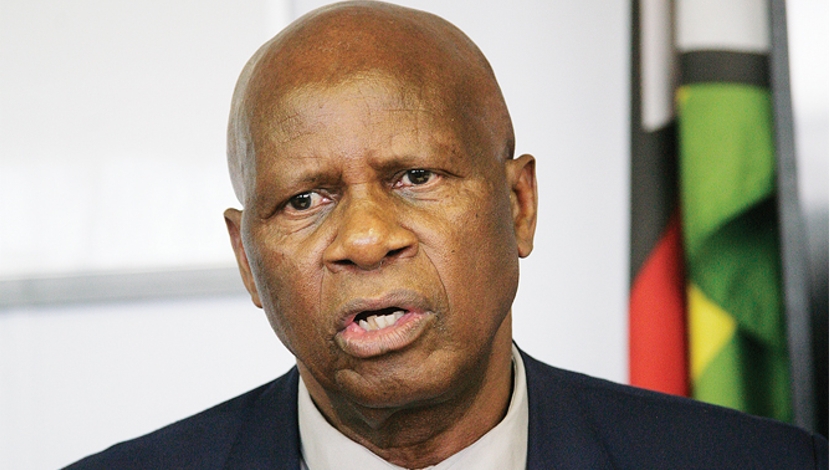

Africa’s multibillion-dollar infrastructure deficit is not only severely hampering seamless regional integration, industrialisation and efficiencies, but is also detrimental to the overarching competitiveness of the emerging continent.
It is believed that Africa could be losing in excess of 40% of its competitiveness owing to the absence and inefficiencies of the continent’s infrastructure, which faces a deficit in funding of $93-billion a year over the next 20 years, South African Trade and Industry Minister Dr Rob Davies said on Monday.
“We have a huge amount of catch-up we need to undergo,” he told delegates at this year’s Infrastructure Africa conference, highlighting that infrastructure needs to “link up” Africa’s countries and support higher levels of interregional trade and industrialisation.
The impact of this deficit and subsequent economic erosion has resulted in business activity scaling back some 40% and freight costs in Africa surging 200% above costs in other regions of the world.
“These are issues that erode the competitiveness in Africa,” said Zambia Finance Minister Felix Mutati.
Mutati said that, in dealing with these issues, there was a need to narrow focus to innovative financing and design, better use of existing infrastructure and the deployment of adequate and appropriate technology.
Mutati called for the private sector to join the public sector as partners in the development of infrastructure, which would assist in bridging the deficit.
“We need, as government, to provide a business environment that creates confidence, trust and the opportunity for private sector to invest, while breaking down bureaucracy and reducing regulation.
Davies said: “We need to develop further clarity on the question of the participation of the private sector and nature of partnerships that we need to develop with the private sector,” he told delegates, noting the differing views on the model.
Most in favour of PPPs argue that the model delivers funding, quality and efficiencies, while critics argue that it prioritises private commercial interests over public developmental interests.





